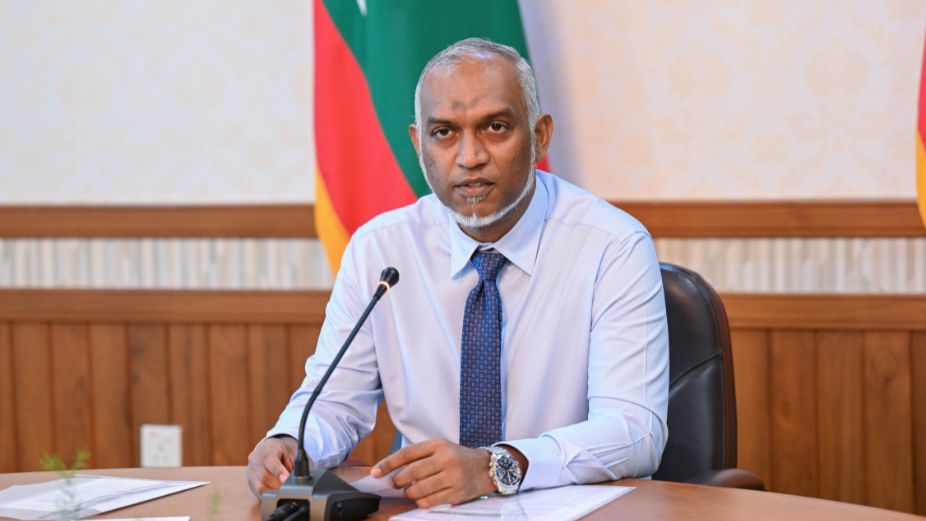
President Dr Mohamed Muizzu has issued the first Presidential Decree of 2025, defining the types of economic activities permitted within Special Economic Zones (SEZs) under the Maldives Special Economic Zones Act (Act No. 24/2014). The decree, announced on Sunday, also establishes the minimum investment thresholds required for such activities.
The economic activities permitted in SEZs are divided into two categories based on investment requirements: strategic investments requiring a minimum of 100 million US dollars, and sustainable township development projects demanding investments of at least 500 million US dollars.
Strategic Investments
Under the minimum investment requirement of 100 million US dollars, nine key areas have been identified for strategic investments. These include:
- Export-oriented manufacturing activities
- Transhipment ports, international logistics, ports, airports, and associated services such as bulk breaking, bunkering, and docking
- Establishment of universities, tertiary hospitals, specialty hospitals, and world-class research and development facilities
- Creation of world-class Information Communication Technology (ICT) parks
- Development of international financial services and trade centres
- Investments in the renewable energy sector
- Introduction of new technologies currently unavailable in the Maldives
- Activities to support food security
- Gas exploration activities
Sustainable Township Development
For sustainable township development projects, the decree stipulates that investments must exceed 500 million US dollars. Furthermore, these funds must be allocated specifically to components that contribute to sustainable development within the township.
Expanding Economic Horizons
The decree aims to attract substantial foreign investment to the Maldives by creating favourable conditions for high-value economic activities. The categorisation of permitted activities reflects the government’s commitment to diversifying the economy and promoting long-term sustainability.
The SEZ framework, initially established in 2014, is a cornerstone of the Maldives’ strategy to enhance economic resilience, create employment opportunities, and drive innovation in key sectors.












